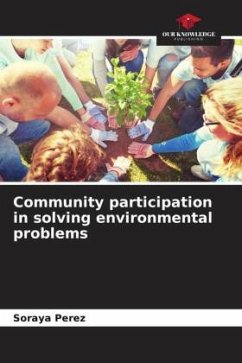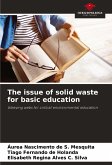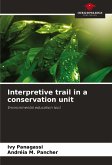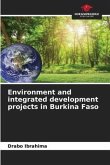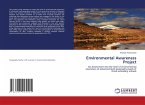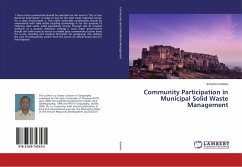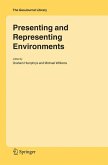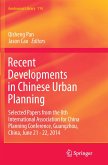The existence of multiple and diverse environmental problems is due to the development model that is being sustained, an unbalanced relationship between resources and waste within a structure of uncontrolled and unconscious production and consumption. In this context, it is considered urgent to build a different, fair, participatory and diverse society, because the environmental crisis is based on human action. In this context, environmental education is one of the best alternatives to face the challenge of changing the attitude, behaviour and valuation of the environment, especially if it can be integrated with local management. In view of the above, a methodological proposal was developed and applied to ensure that, based on knowledge of the environmental issue and community awareness, citizen participation is increased, individually and collectively, to solve local environmental problems. In order to achieve this objective, some strengths and opportunities were used in Venezuela, such as the application of some laws within the integration of Formal and Non-Formal Environmental Education.
Bitte wählen Sie Ihr Anliegen aus.
Rechnungen
Retourenschein anfordern
Bestellstatus
Storno

